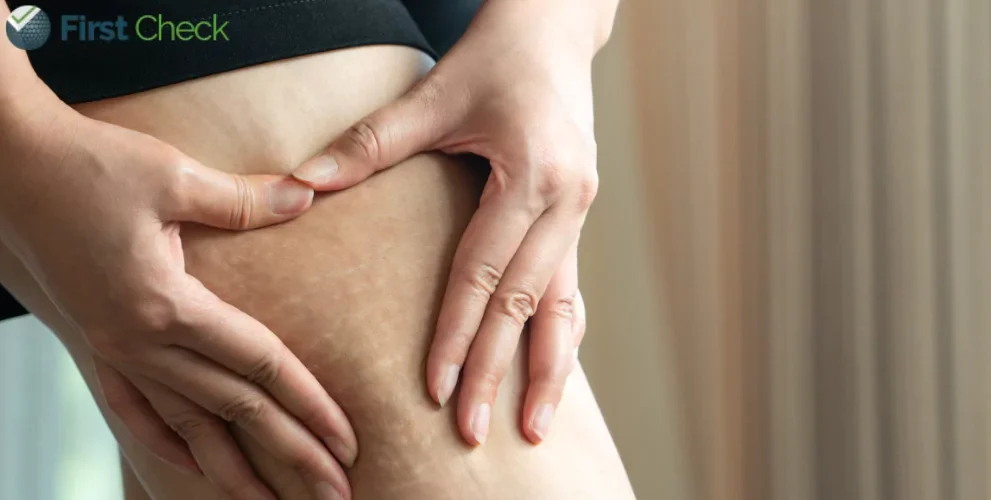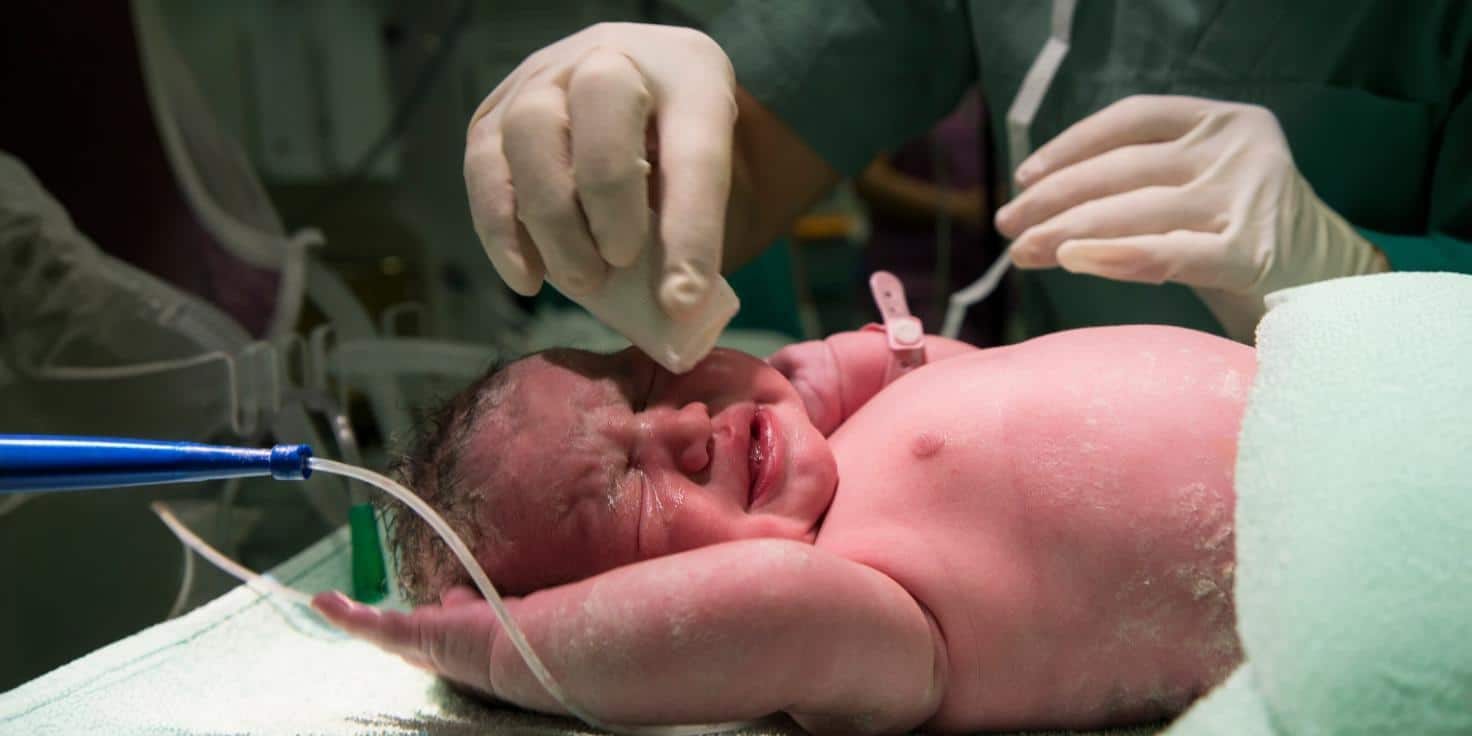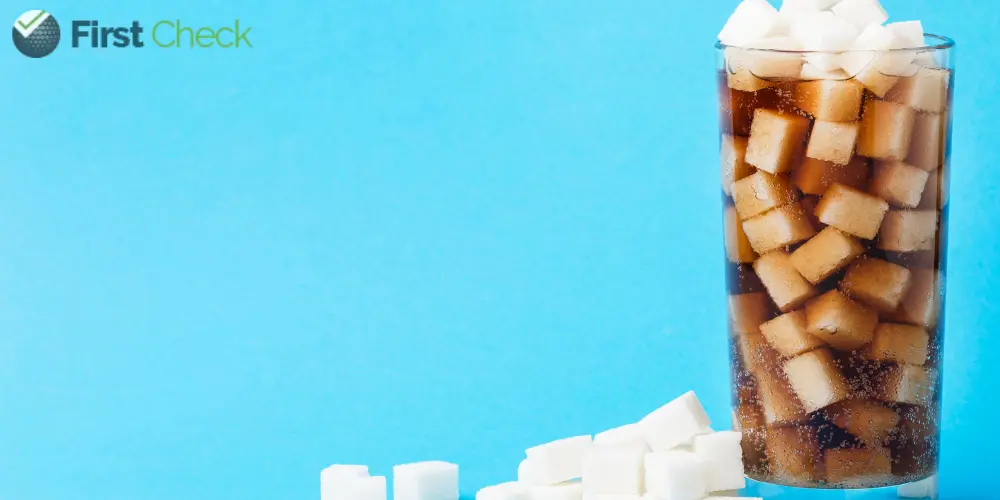Fact-check: Cellulite is normal, doesn’t need to be fixed
Author
Author
- admin / 2 years

- 0
- 2 min read

Author
The cosmetic industry has capitalised on insecurities surrounding cellulite – promoting treatments that offer temporary results, at best.
Cellulite, a common skin condition affecting 80-90 per cent of post-pubertal women, has been the focus of the billion-dollar cosmetic industry. Disparagingly referred to as orange-peel skin or cottage cheese skin on social media platforms, the perception of cellulite as a flaw is a growing concern.
While researchers are still pursuing insights into the anatomy and physiology of cellulite, what is already established is that cellulite is a natural feature of the human body. Here’s what happens: The fat cells push against the skin, while connective tissue pulls down, creating a dimpled or lumpy appearance, commonly seen on the thighs, hips, buttocks, and abdomen. Hormonal factors, such as estrogen, insulin, and thyroid hormones, play a crucial role in cellulite development, affecting collagen production and skin elasticity.
Genetic predisposition, metabolism, ethnicity, and lifestyle choices like diet, exercise, and smoking also contribute to the formation of cellulite. The severity of cellulite is classified into grades based on the number and depth of depressions in the skin, ranging from mild to severe dimpling.
Over the years, the cosmetic industry has capitalised on insecurities surrounding cellulite – promoting treatments that offer temporary results, at best. It has been commercialised as a problem to be fixed, perpetuating unrealistic beauty standards and fuelling a market for products and treatments aimed at reducing its appearance.
The good news is that there are voices battling this trend, particularly on social media platforms. Last year, a video of US rugby player IIona Maher went viral when she spoke candidly about cellulite on her body. It’s important to embrace the diversity of body shapes and textures, including cellulite. Let’s start by challenging unscientific societal norms and stigmas.
Want to fact-check any health-related claims? Mail us at hello@firstcheck.in or WhatsApp on +91 9311 223145.
Join First Check WhatsApp channel for regular updates on health fact-check stories, explainers, and insights from latest health research.
Read More:










